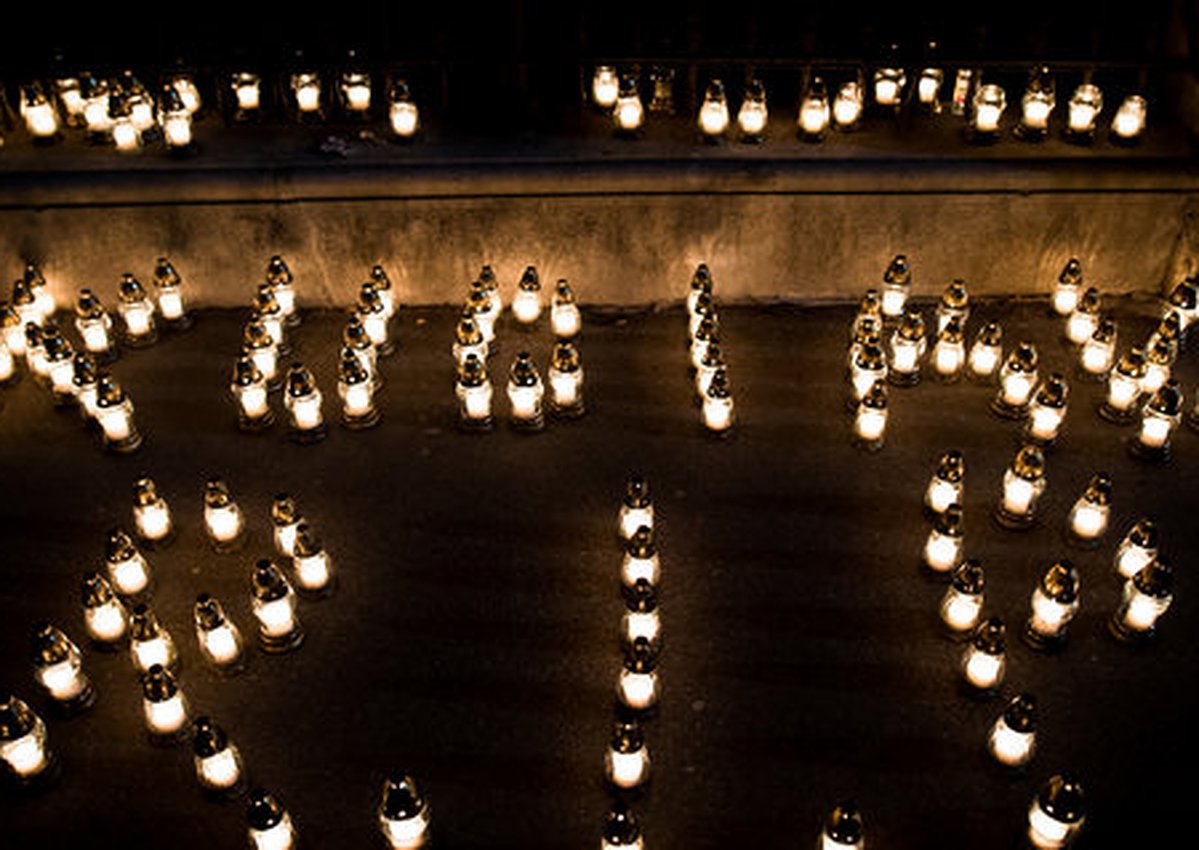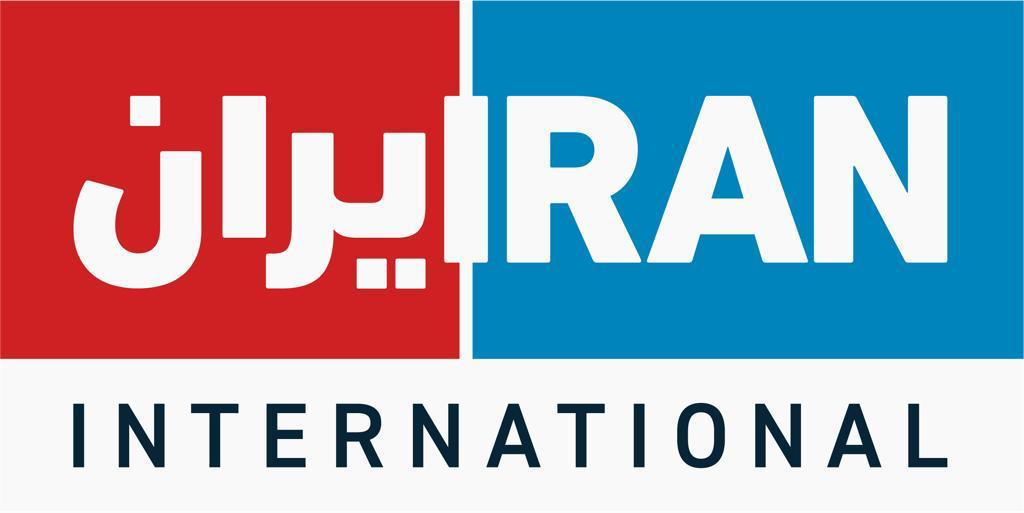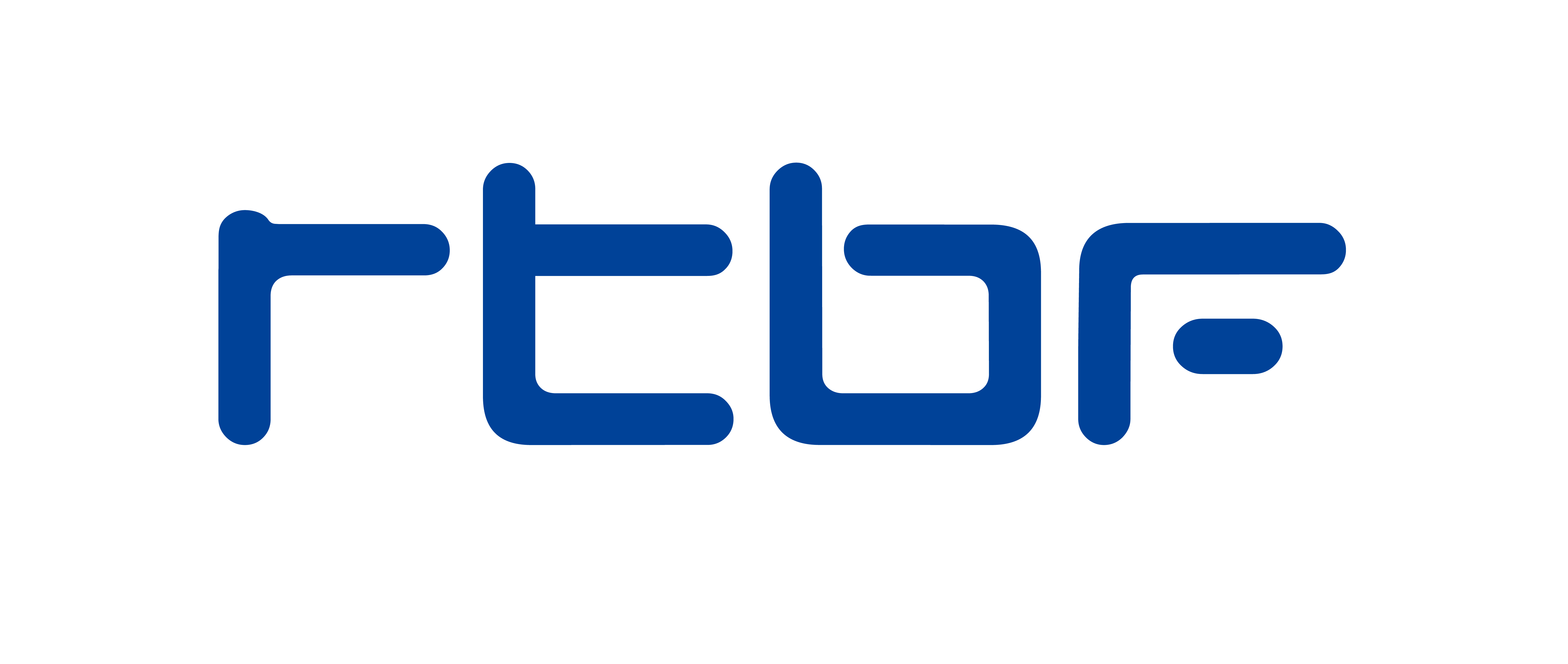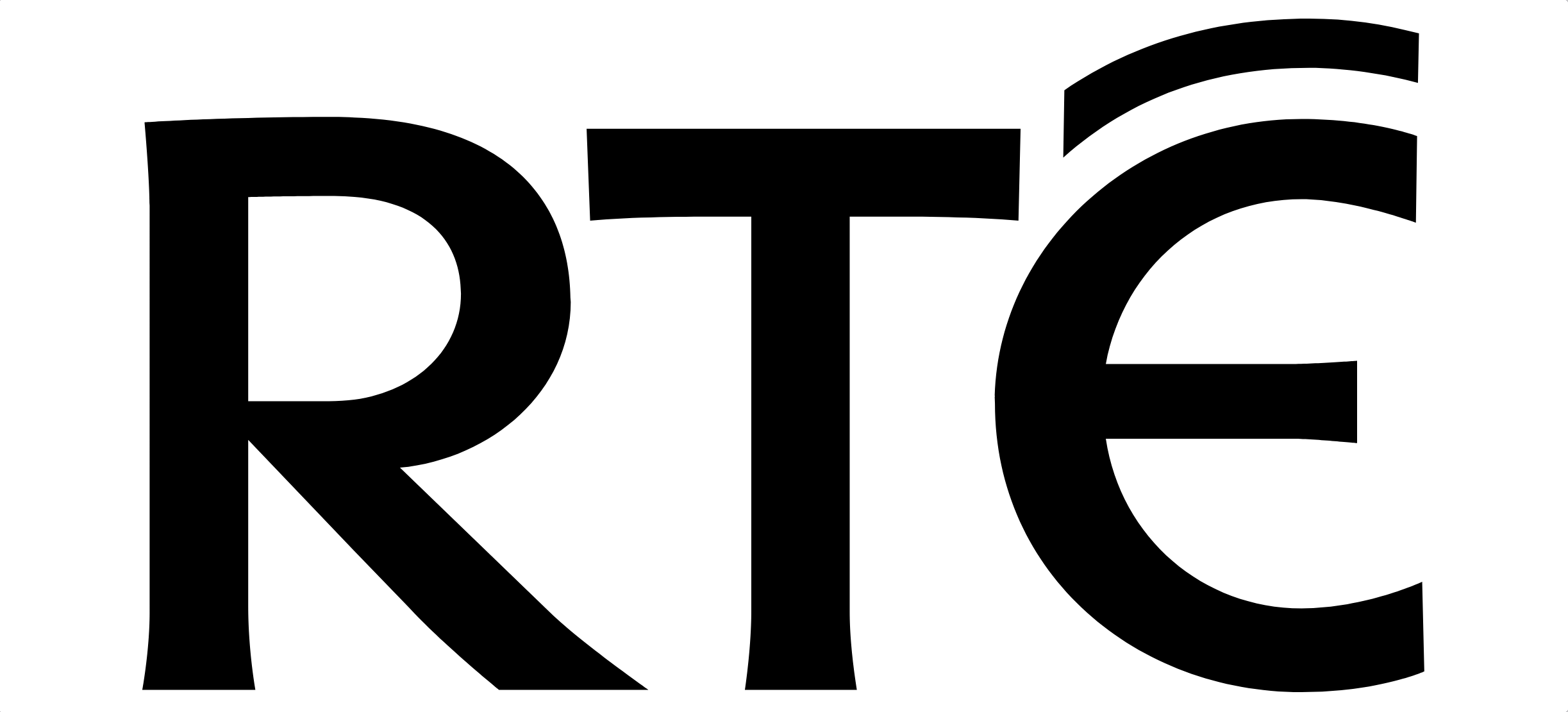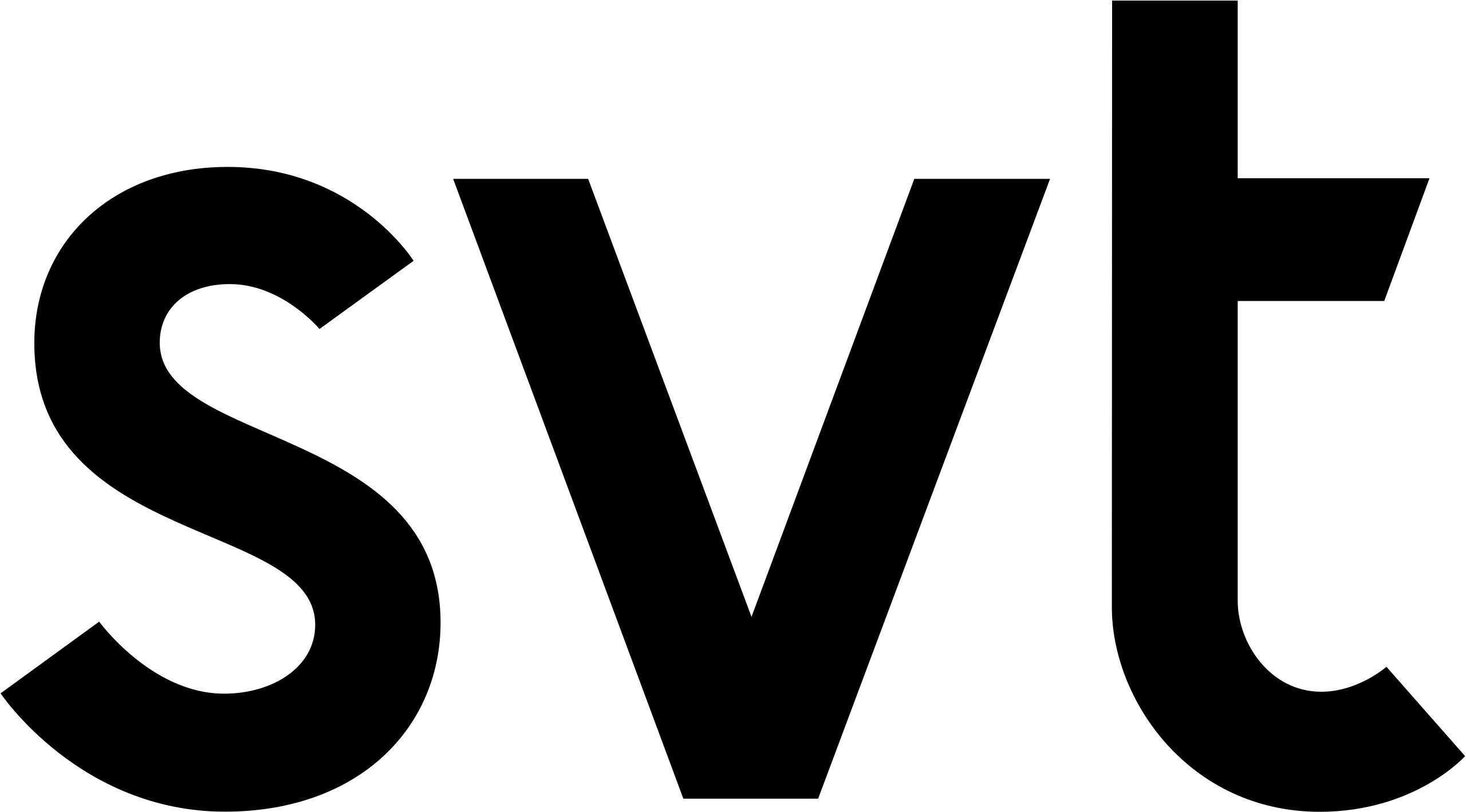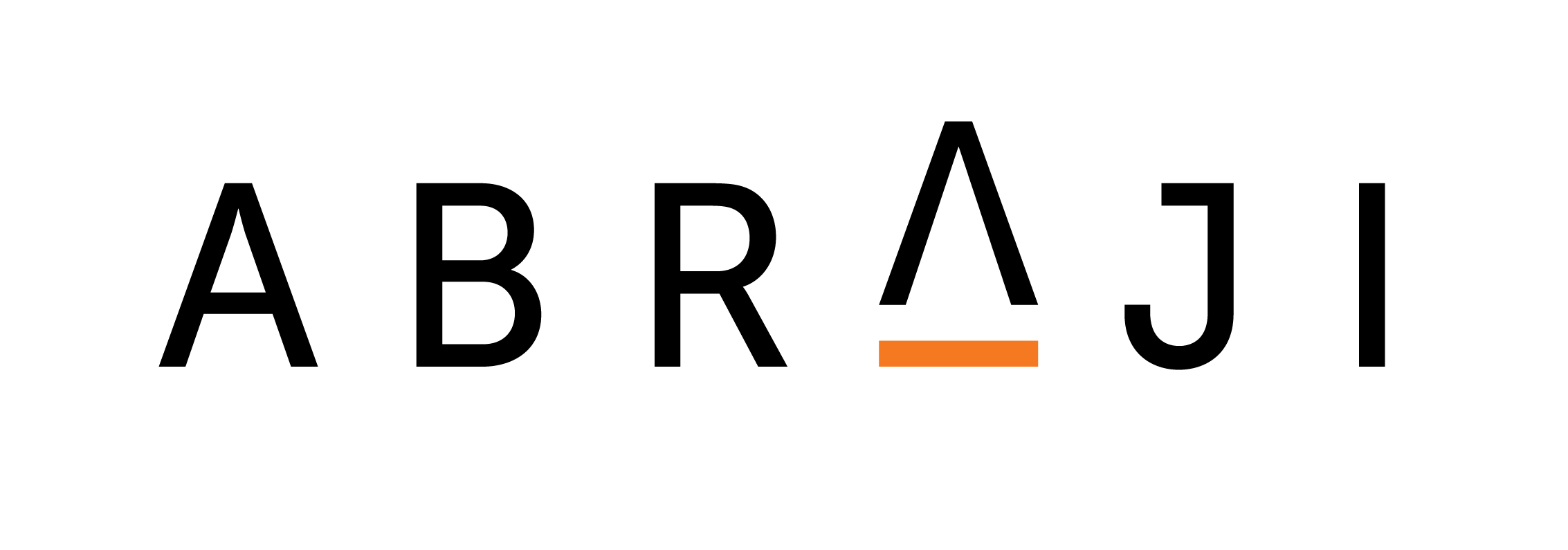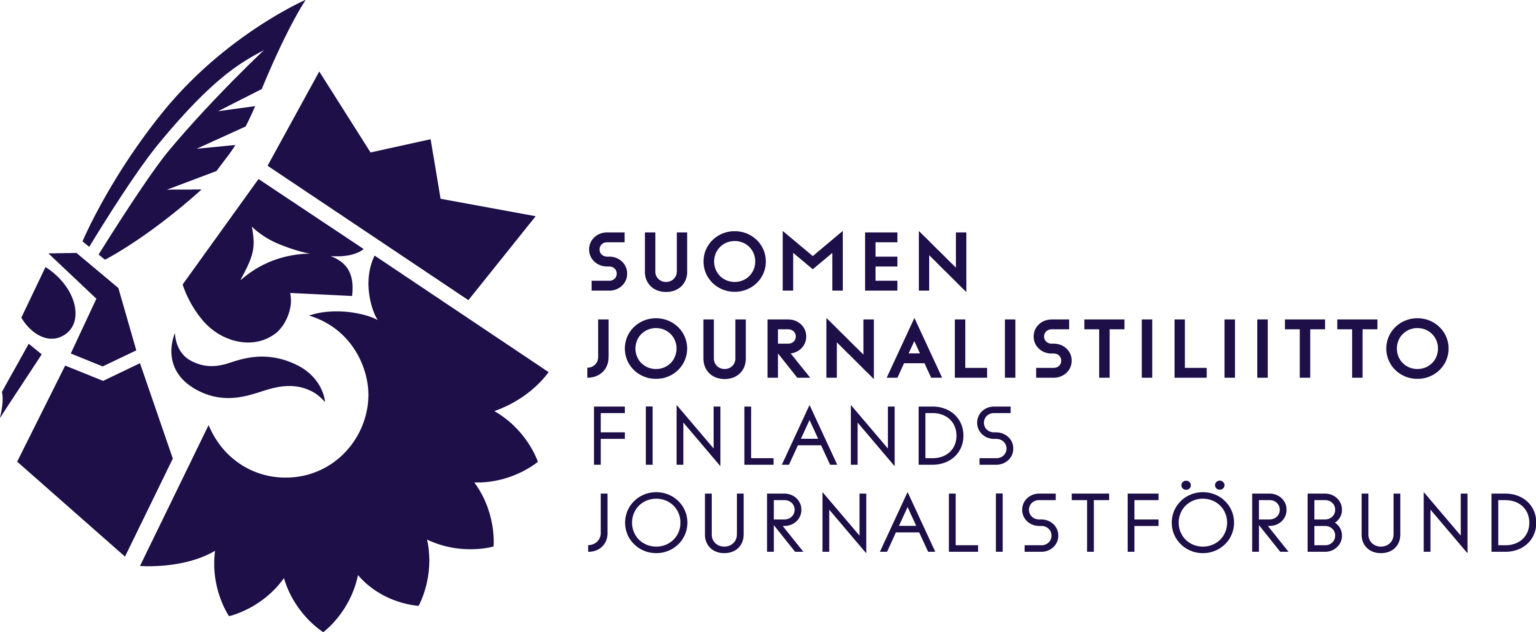The International News Safety Institute was saddened and shocked at the murder of the Slovak journalist Ján Kuciak.
The investigative journalist was shot along with his fiancée Martina Kušnírová in their apartment in western Slovakia on February 25. Police have detained seven people in connection with the slaying which was believed to be linked to Kuciak’s work investigating tax evasion and fraud by local business people.
“The killing of any journalist is deplorable but this is an unprecedented attack on news media in Slovakia,” said INSI director Hannah Storm. “We are really concerned at what appears to be an insidious cloud of insecurity rolling across countries that have historically been purveyors of press freedom, in which journalists are now being attacked, and in Ján’s case assassinated, for the vital work they do.”
Kuciak’s murder was the second high-profile killing of a European journalist in recent months.
Last October, investigative reporter Daphne Caruana Galizia from Malta was blown up by a car bomb. Her murder is still unsolved. INSI statistics show that six journalists have been killed so far this year including Pamika Montenegro and Carlos Dominguez from Mexico, Brazilians Jefferson Pureza and Ueliton Bayer Brizon and Mohammad al-Qadasi from Syria.
Twitter and Facebook talk online harassment with INSI members
In February INSI hosted a groundbreaking meeting in London between our members and representatives of Facebook and Twitter. The discussion focused on the harassment of journalists on these social media platforms and what can be done on both sides to address this growing problem, which is forcing journalists to self censor and even leave the profession.
Online abuse of journalists was again highlighted during the school shooting in Parkland, Florida. Reporter Alex Harris from the Miami Herald was abused online by Twitter trolls who harassed her and faked tweets in her name. Harris said the tweets hurt her credibility as people didn't want to speak to her.
Covering the 2018 Russia World Cup
INSI recently held a series of meetings for our members on covering the FIFA World Cup in Russia this June. Experts downplayed the threats of hooliganism and terrorism but warned journalists they may be under constant cyber scrutiny by the authorities – even before arriving in the country.
Other cyber security tips included:
- Always assume you are being monitored.
- Consider the equipment you’ll be taking and whether the latest model of phone is essential or whether a cheap Nokia 3210 would be sufficient. Phones and laptops should be wiped before arriving in Russia.
- Consider getting a local phone and SIM once you arrive, but make sure you purchase them yourself to ensure they haven’t been tampered with.
- Never leave your laptop unattended, even in your hotel room.
- Using hotel or public Wi-Fi isn’t recommended as it does not afford high levels of security and is vulnerable to being hacked.
Image by AFP


